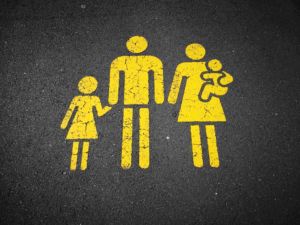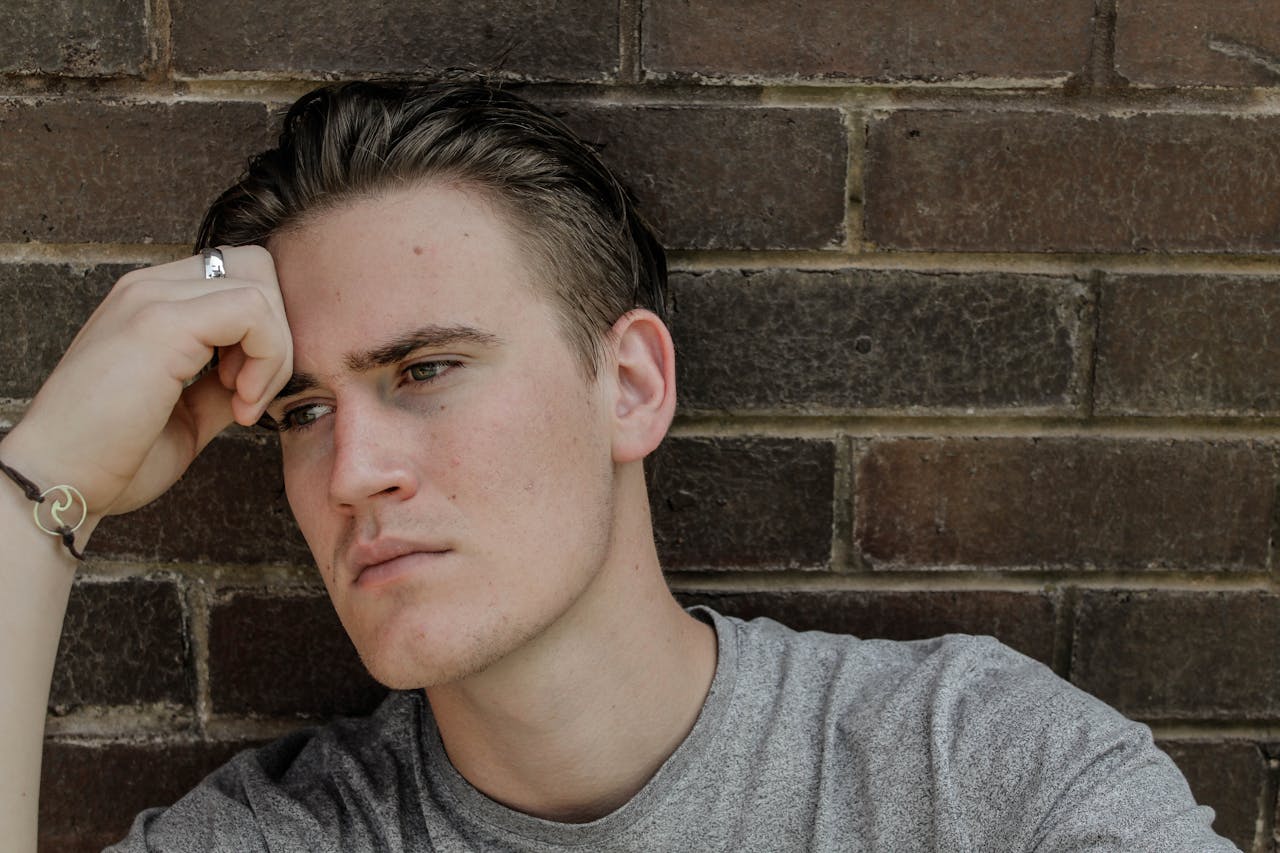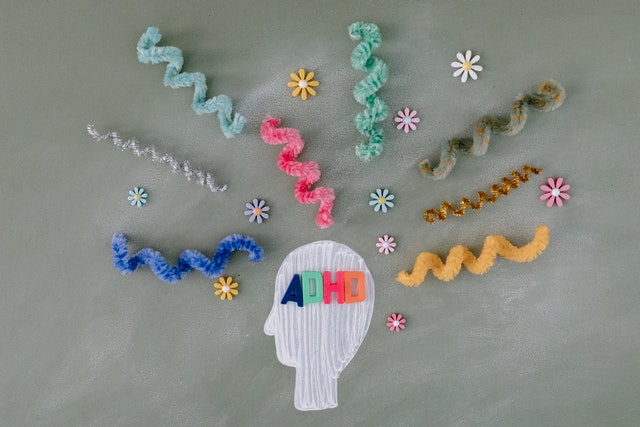 Millions of children and teens in the U.S. are diagnosed with ADHD.
Millions of children and teens in the U.S. are diagnosed with ADHD.
In fact, it’s become a very common diagnosis, and much has been written about the condition and how it affects kids.
Certainly, having attention issues and being prone to distraction and impulsivity is problematic in our society. Dealing with these problems can make it really hard to be successful in school or work. Moreover, behavior that’s common with ADHD can be misinterpreted by others who apply rigid standards of behavior.
Many people mistakenly believe that medication seems like the obvious solution. However, it is necessary to take a more balanced approach to ADHD treatment for children.
How?
Educating Your Child about ADHD
First, it’s important for your child to understand at their appropriate grade level what ADHD is. Both children and teens may believe that it’s their fault that they have ADHD. Or they may feel completely powerless to do anything about it.
Let them know that ADHD is very common and that many highly successful people have ADHD, such as Simone Biles, Michael Phelps, Justin Timberlake, Richard Branson, Jaime Oliver, and more.
Just because your child or teen has ADHD doesn’t mean that they can’t lead a successful and productive life. In fact, it could even provide them with an advantage. However, they will have to learn how to manage their ADHD.
Determining If Medication Is Right for Your Child
Next, it’s helpful to know whether or not your child might need medication. I’ve worked with many kids, teens and adults who tell me they “needed” their medication. And I’ve also worked with many who bypassed psychiatric drugs entirely.
Given the risks of psychiatric drug use by children, a child psychiatrist who specializes in ADHD treatment for children will be of great assistance. It’s important that you weigh the pros and cons of drug treatment with the input of a professional, and to educate yourself fully about the risks of psychiatric drug use by children.
These are hard decisions for many. Many parent’s alarm bells fire once they learn that ADHD drugs have been shown to lead to long term risk for movement disorders. They worry about the increased rate of Parkinson’s disease amongst those being treated using ADHD stimulant drugs. (A recent major study showed that the rates were 8.6 time higher compared to the non stimulant drug using population)
Parent also worry about that most of the symptom reduction gains made though taking ADHD drugs seem to be temporary. And those gains may come at a steep cost. Research shows that these drugs seem to create long term damage to areas of the brain which produce motivation.
Even if your decide that you are simply not comfortable putting your child on psychiatric drugs, if your child sees a psychiatrist who does a thorough assessment, that can provide useful insight into your child’s ADHD. For instance, are they more hyperactive or distracted? Which tasks are easier or more difficult for them to complete? Are there any co-occurring problems? Or, what are their strengths or the skills they excel in?
There is a lot to learn from a thorough psychological assessment.
Neurofeedback Is An Effective, Natural Treatment For ADHD
And remember, there are effective forms of therapy that help children learn to focus their minds better, and regulate their emotions better too. One such therapy is called neurofeedback therapy.
The advantages of neurofeedback training are:
- It’s effectiveness
- Many kids (and grown-ups) enjoy it
- There are few, if any, negative side effects.
Feel free to look over the many blog posts I have about it on this site!
Finding Coping Strategies that Work
Of course, we are fortunate to be living in time when there are many treatment options available.
Medication, if you choose it, is just one part of the overall picture when it comes to ADHD treatment for children or teens. Another piece to the puzzle is finding coping strategies that will work when ADHD symptoms surface.
For instance, let’s say that your child has a lot of excessive energy. What could be done to address this? Some ideas include:
- Getting up from their seat and moving around
- Squeezing a soft rubber ball or grip
- Playing with pipe cleaners or rubber bands
- Drawing or doodling on scrap paper
A balanced approach will help you look at ADHD symptoms, not as a total roadblock, but simply as an obstacle to overcome. You can find ideas on how to channel excess energy and other issues in creatives ways through parent support groups or online.
Developing a Healthy Lifestyle Early
Adopting a healthy lifestyle early on is important for anyone. Yet, for children and teens who are receiving treatment for ADHD, this is especially crucial.
Promoting a healthy lifestyle includes, for example:
- Avoiding caffeine
- Encouraging regular exercise
- Eating a healthy diet
- Staying away from drugs, alcohol, and tobacco (especially important as they become teens)
One other aspect of developing a healthy lifestyle is a healthy mindset. It can be discouraging having ADHD and feeling different from other kids. Be sure to help them understand that they still have the capacity to do great things despite their issues.
Moreover, when trying to complete tasks that are difficult or complicated, your child might get frustrated or angry. That’s perfectly fine. Your child needs to feel those emotions. However, they must also know what to do about them.
Therapy and ADHD Treatment for Children
Finally, it’s important that your child participates in treatment intended for children with ADHD. There are several reasons why therapy will help—not only them, but you as well.
These include:
- Teaching your child ADHD coping skills
- Allowing them to discuss their feelings about ADHD
- Developing a plan for success
Of course, some children have mixed reactions when learning they are going to see a therapist. Explain that this is to help them be their best selves and that it isn’t meant to be a permanent thing. Seeing the love you have for them and that you’ll be right by their side throughout the treatment process can help your child feel secure and more comfortable with the prospect of therapy.
—
Because so many children and teens have been diagnosed with ADHD, we know a lot about the condition and its impact on kids. That knowledge is important when it comes to taking a balanced approach to treating ADHD.
If you would like to know more about how ADHD counseling can help your child understand and overcome their challenges, please contact me.




